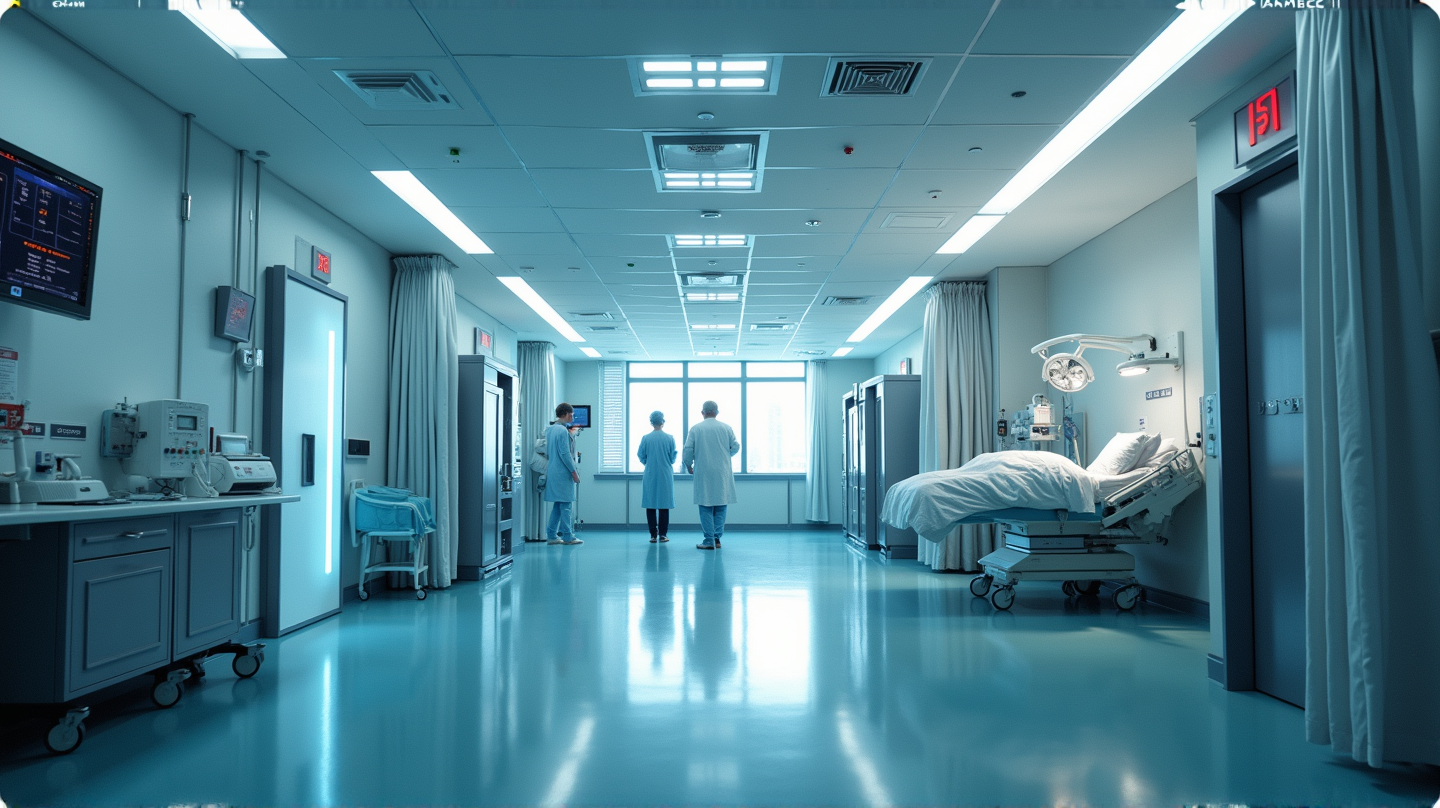Innovative Hotel Transformation: Colorado's New Approach to Emergency Healthcare
Discover how Colorado's health campuses ingeniously repurpose hotel space for advanced pandemic response.

In an unprecedented move reflecting innovation and resilience, two major health campuses in Aurora, Colorado, have turned parts of a local hotel into alternative care facilities. This project’s rapid execution showcases how communities can creatively solve complex challenges like medical capacity shortfalls during pandemics or other emergencies.
Adaptive Use of Space: From Hotel to Hospital
With generous support from a U.S. Department of Defense grant, the CU Anschutz Medical Campus and UCHealth University of Colorado Hospital campuses revolutionized the use of existing infrastructure. They seamlessly converted sections of a nearby Hyatt hotel into fully functional healthcare units, including intensive care capacities equipped with a nursing station, imaging, and laboratory services.
Advantages Over Traditional Tent Facilities
Traditionally, hospitals resorted to makeshift facilities such as tents to manage overflow. However, these solutions often fell short due to issues like temperature control and patient comfort. Dr. Jason Persoff, UCHealth Physician and associate professor at the CU School of Medicine, elaborates on the hotel’s adaptability, emphasizing the benefits such as improved infection control, private restrooms, and the capacity for patient isolation.
Pioneering a Nationwide Playbook
As part of a broader project, this transformation represents the second phase in a three-year strategic initiative. The success in Aurora has sparked excitement, laying the groundwork for similar innovations nationwide. Dr. Persoff highlights that hundreds have been involved in crafting this scalable guidebook, which details converting urban spaces into emergency medical facilities.
Future Prospects: Expanding to Other Cities
The temporary conversion of the hotel is a pilot test, with plans for future adaptability in diverse locales across the United States. The project aims to refine the model, welcoming inputs and further research, ensuring communities are prepared to tackle any medical disaster swiftly and efficiently.
A Model of Collaboration
The transformation is not just a testament to medical ingenuity—it’s a reflection of robust collaboration among health professionals, government agencies, and local communities. According to CBS News, this initiative indeed offers a beacon of hope for managing future healthcare crises with agility and precision.
The restoration of the hotel space is imminent, but the impact of this transformation wields potential to shape emergency response for years to come. The “playbook” created sets a standard that, when followed, could prevent healthcare systems from being overwhelmed in the face of new challenges.





